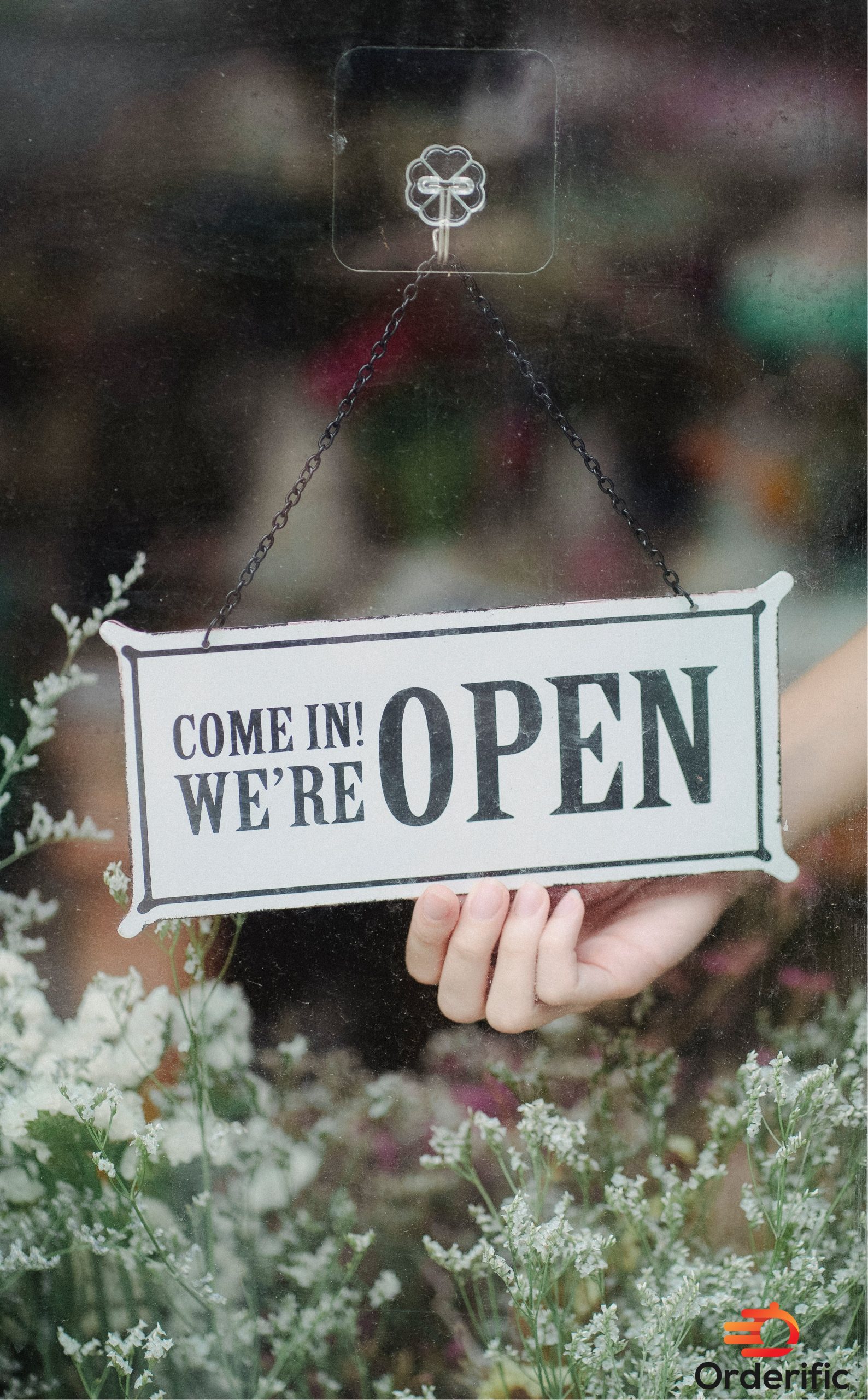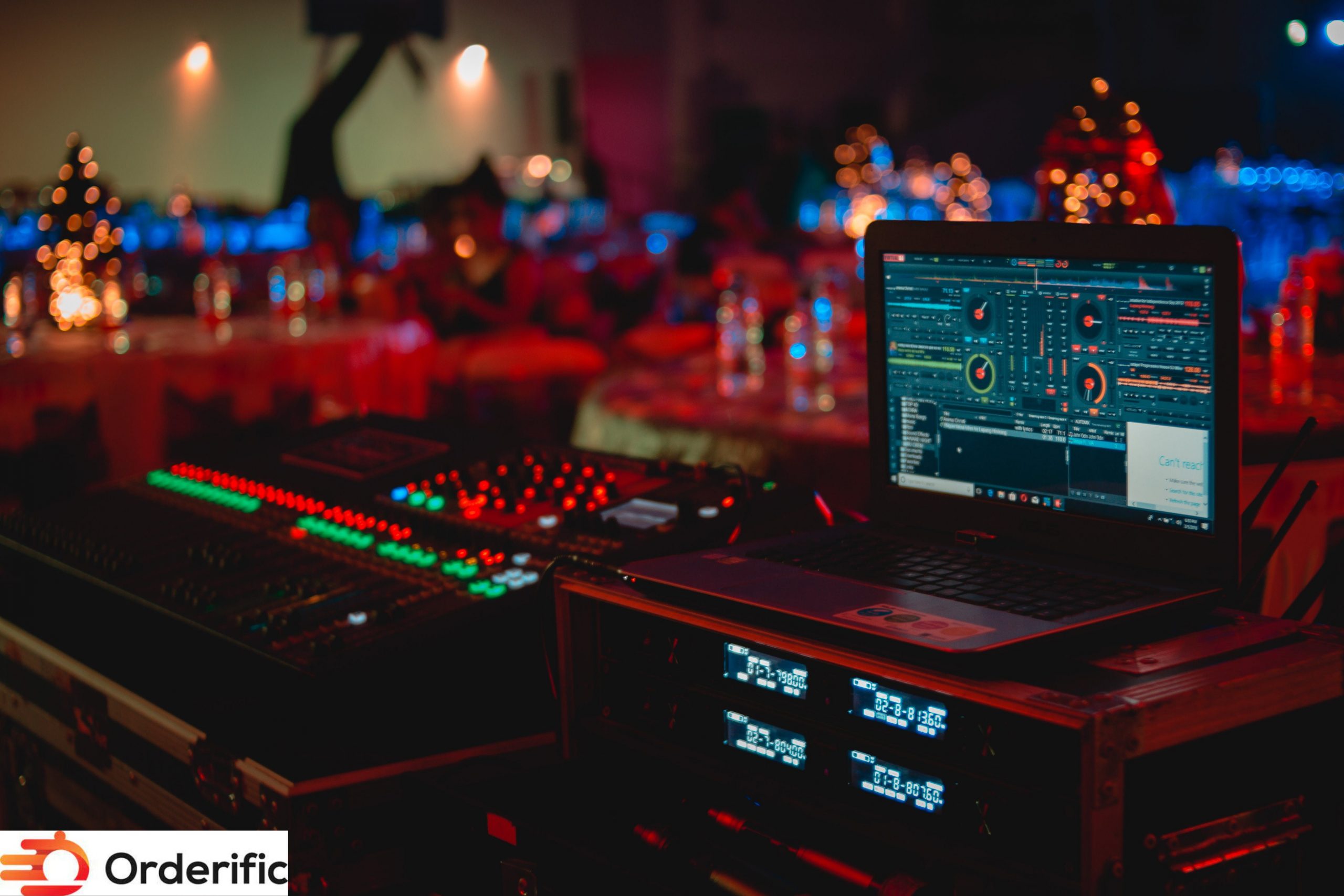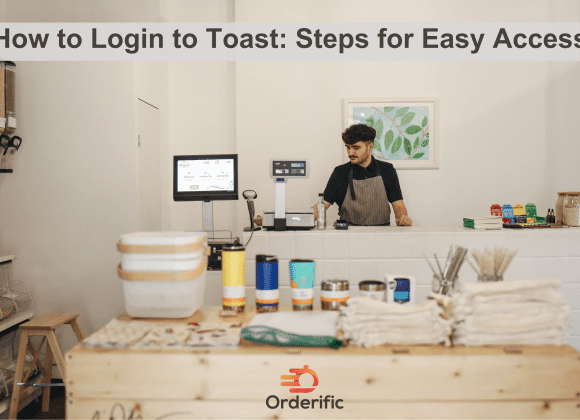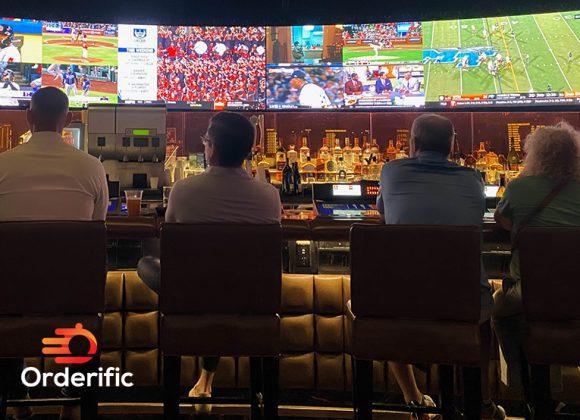Introduction
In the ever-evolving hospitality industry, enhancing the guest experience is paramount. The integration of IoT technology is revolutionizing this sector, redefining how hoteliers operate and serve their guests. IoT devices, from smart locks to sensors, are ubiquitous in modern hotels, offering a personalized experience that prioritizes guest satisfaction. These IoT solutions are not just intelligent; they’re essential. The importance of IoT in this industry is immense, improving operational efficiency and ensuring hotel staff can exceed guest expectations. Connected devices in guest rooms, such as smart TVs and thermostats, allow for a seamless, customized guest experience. Applying AI and IoT-enabled devices in hotel management systems transforms the traditional hotel into an intelligent hotel, setting new standards for the hospitality industry. It’s an exciting era for hotel owners, as IoT implementation promises a future of superior guest experiences and high operational efficiency.
What Is The Importance Of IoT In The Hotel Industry?
The Impact Of IoT On Guest Experience
IoT technology dramatically enhances the guest experience in hotels. IoT-enabled devices provide a high degree of personalization, setting the tone for a perfect stay. Take bright rooms, for example. They allow guests to control room temperature, lighting, and entertainment systems from their smartphones. The result is a highly comfortable and personalized environment tailored to the guest’s preferences.
IoT And Operational Efficiency
Operational efficiency is another critical area where the IoT makes a big difference in the hospitality industry. Hotel management can leverage IoT devices to monitor energy consumption, manage inventory, and automate routine tasks. For instance, smart locks can provide data on room occupancy, allowing efficient room management and maintenance. This translates into significant cost savings and improved service quality.
The Future Of Hospitality With IoT
The integration of IoT in hotel management systems is redefining the future of the hospitality industry. It allows hotels to go beyond providing a mere accommodation option. With IoT, hotels can offer a unique, tech-driven experience that exceeds guest expectations and sets new industry standards. The future of hospitality lies within the intelligent hotel, where IoT technology ensures superior guest experiences and high operational efficiency.
How Does IoT In The Hotel Industry Benefit Guests?

A Reshaping Of The Guest Experience With IoT
The hospitality industry is undergoing a significant transformation fueled by the integration of IoT devices. A prime example of this metamorphosis is the intelligent hotel, where sensors and connected devices work together to craft a superior guest experience. For instance, within the comfort of their hotel rooms, guests can now adjust room temperatures using a smart thermostat or control their smart TVs, all from their mobile devices. This level of customization caters to individual guest preferences, providing a highly personalized experience that elevates customer satisfaction.
IoT’s Role In Streamlining Hotel Operations
Beyond enhancing the guest experience, IoT solutions play a pivotal role in improving the operational efficiency of the hospitality sector. Hoteliers can utilize smart locks and occupancy sensors to monitor room availability and manage upkeep efficiently. This not only optimizes hotel operations but also results in cost savings and increased guest satisfaction.
Pushing Boundaries With IoT In The Hospitality Industry
The hospitality industry is being propelled into the future by the critical role of IoT technology. It is no longer solely about providing accommodation; it’s about offering an unforgettable, tech-driven experience that surpasses all guest expectations. The future of the hospitality industry is inseparable from the concept of the smart hotel, where IoT implementation ensures unparalleled customer service and operational efficiency. Hotel owners, staff, and guests stand to gain from this tech-enabled transformation, redefining the foundations of the hospitality business.
Where Can The Hotel Industry Use IoT?
Guestroom Automation For Room Service Improvements
Automation in guestrooms is one of the key areas where IoT can be successfully implemented in the hotel industry. IoT devices can be integrated into various room services to enhance the guest experience. For example, by using smart thermostats and light controls, guests can adjust room conditions to their liking with just a few taps on their mobile devices. Moreover, smart refrigerators can monitor minibar consumption, automatically notifying hotel staff when restocking is needed. Similarly, smart locks can offer guests hassle-free access to their rooms, eliminating the need for traditional keys or cards.
Furthermore, these locks can provide valuable data on room occupancy, enabling efficient room servicing and maintenance. This not only improves the guest experience but also contributes to significant cost savings. Consequently, IoT finds its use in transforming ordinary hotel rooms into smart, tech-driven spaces, genuinely redefining the hospitality industry.
Smart Hotel Maintenance
Smart hotel maintenance is another area where IoT technology is proving to be incredibly beneficial. With IoT devices, hotels can efficiently manage their resources and upkeep. For example, sensors can be used to monitor the wear and tear of essential hotel assets, such as HVAC systems, electrical appliances, plumbing installations, and more. This proactive approach to maintenance reduces the risk of unexpected breakdowns, ensuring a seamless guest experience. Furthermore, IoT devices can monitor energy usage, helping hotels to reduce their environmental footprint and operational costs. For instance, smart thermostats and lighting systems can automatically adjust according to room occupancy, resulting in significant energy savings.
IoT technology also enhances safety measures within the hotel. Smart smoke detectors and fire alarms can alert the hotel staff instantly in case of an emergency, ensuring swift action and the safety of guests. In summary, the integration of IoT in hotel maintenance is not merely a trend; it’s a powerful tool driving operational efficiency and guest satisfaction in the hospitality industry.
Cross Property Integration
Cross property integration is another frontier where the IoT is making waves in the hospitality industry. This involves the seamless connection of multiple properties under one hotel chain, facilitated by IoT technology. Centralized control systems allow for efficient management of various hotel operations across different locations. For instance, a hotel manager can monitor and control energy consumption, inventory, and maintenance tasks across all properties from a single location. This not only enhances operational efficiency but also ensures a consistent guest experience across all properties. Furthermore, data gathered from IoT devices can provide valuable insights into guest preferences and behavior patterns, helping hoteliers tailor their services to meet customer needs better. By integrating IoT technology, the hospitality industry is taking a major leap forward, transforming the way hotel chains operate and serve guests on a global scale.
In-Room Features
IoT technology is transforming in-room features within the hotel industry, enhancing the guest experience to an unprecedented degree. Smart rooms today are equipped with a variety of IoT devices, all aimed at providing a personalized, comfortable stay. From smart thermostats that allow guests to regulate room temperature to their liking, to smart TVs that offer personalized entertainment options, the possibilities are endless. Even the minibar has evolved, with smart fridges that track consumption and automatically signal for restocking when necessary. Furthermore, IoT technology extends to safety features too. For instance, smart smoke detectors and fire alarms provide real-time alerts in emergencies, ensuring swift action and guest safety.
These in-room IoT features not only elevate the guest experience but also provide valuable data to hoteliers, enabling them to better understand and cater to their guests’ preferences. Ultimately, the integration of IoT in in-room features is driving the hospitality industry towards a future of smart hotels, where guest satisfaction and operational efficiency go hand in hand.
Smart Solutions For Building And Logistics
Smart solutions for building and logistics represent a crucial aspect of the hospitality industry’s integration of IoT technology. By implementing IoT, hotels can streamline their building and logistics operations, resulting in increased efficiency and considerable cost savings. For instance, in terms of building management, IoT sensors can monitor and control various factors such as temperature, humidity, and energy usage. This not only ensures optimal conditions for guests but also aids in energy conservation. On the logistics side, IoT enables efficient inventory management by tracking hotel supplies and notifying staff about low stocks or imminent expiry dates. Additionally, smart locks can provide valuable data on room occupancy, facilitating efficient room service scheduling and property management. By integrating IoT, hotels can overhaul their traditional building and logistics operations, making way for smarter, more efficient practices that ultimately enhance the guest experience.
Energy Management
The integration of IoT in energy management within the hospitality industry is a game-changer. Hotels are increasingly turning to IoT devices to monitor and control energy consumption, leading to a more sustainable operation and significant cost savings. For instance, smart thermostats and lighting systems can adapt to the occupancy of rooms, ensuring energy is used efficiently. Precision in controlling HVAC systems allows for optimal energy use while preserving guest comfort. Moreover, the use of smart meters provides real-time energy usage data, allowing hoteliers to identify areas where energy consumption can be reduced. In essence, IoT technology empowers the hotel industry to meet sustainability goals and reduce operational costs, while still providing a superior guest experience.
What Is The Scope Of IoT In Hotel Management?
The scope of IoT in hotel management is immense, promising a future where hotels are more efficient, sustainable, and guest-centric than ever before. The potential applications of IoT technology extend into every facet of hotel operations, from guest experience enhancement to operational efficiency and sustainability.
Enhancing Guest Experience With IoT
IoT technology holds the potential to redefine the very concept of hospitality, transforming guest experiences to unprecedented levels of personalization and luxury. By leveraging IoT, hotels can provide guests with smart rooms that adjust to their personal preferences, offering customizable lighting, temperature, and entertainment options. Furthermore, IoT technology extends possibilities for personalization beyond the guest’s room. For instance, IoT-enabled wristbands can serve as room keys, payment devices, and even personal concierges, offering a seamless and integrated experience to guests throughout their stay.
Streamlining Operations With IoT
Operational efficiency is another area destined to be revolutionized by IoT in hotel management. IoT devices can provide real-time data on a range of operational factors, from room occupancy to energy consumption and inventory levels. This allows hoteliers to streamline their operations, automate routine tasks, and make data-driven decisions that enhance efficiency and cut costs. For example, smart locks can provide data on room occupancy, allowing for optimized room servicing and maintenance schedules.
Driving Sustainability With IoT
Sustainability is a growing concern in the hospitality industry, and IoT can play a crucial role in helping hotels become more environmentally friendly. IoT devices can monitor and control energy use in real time, enabling hotels to minimize their carbon footprint while also reducing costs. For instance, smart thermostats can adjust heating and cooling systems based on room occupancy and weather data, ensuring optimal energy use.
Empowering Staff With IoT
IoT technology can also empower hotel staff, providing them with tools that enhance their productivity and make their jobs easier. For example, IoT devices can automate inventory management, instantly notifying staff when supplies are running low or when maintenance is needed. This allows staff to focus on what they do best: providing excellent guest service.
Future Trends
As IoT technology continues to evolve, new applications for hotel management will undoubtedly emerge. Potential future trends include the use of IoT for advanced analytics, enabling hoteliers to gain deep insights into guest behavior and preferences, and the integration of IoT with other cutting-edge technologies, such as AI and virtual reality, to provide even more immersive and personalized guest experiences.
In summary, the scope of IoT in hotel management is boundless, with the potential to revolutionize the industry in myriad ways. As hotels worldwide continue to adopt and integrate these technologies, the standard for hospitality is set to rise, benefiting both hoteliers and guests alike.
Conclusion
The integration of IoT technology in the hotel industry marks a significant turning point, promising a future where hotels are more efficient, sustainable, and guest-centric. By embracing IoT, we unlock a new realm of possibilities, from personalized guest experiences and streamlined operations, to data-driven insights and advanced sustainability practices. Staff empowerment and the continual rise of future trends only affirm the pivotal role of IoT in redefining the concept of hospitality. As we continue to navigate this exciting journey of digital transformation, the question is no longer if we should integrate IoT, but how best to leverage it for maximum impact. If you’re interested in exploring how IoT can revolutionize your hotel management systems and enhance the guest experience, Orderific is at your service. Why wait? Schedule a demo with us today and step into the future of smart hotels.
FAQs
What is an IoT service provider, and how does it work?
An IoT service provider offers solutions to help connect and manage devices and systems through the Internet of Things.
How to use IoT in a restaurant/cafe business?
IoT can be used in a restaurant/cafe business to automate processes, track inventory, enhance customer service, and improve energy efficiency.
How does IoT impact various industries?
IoT impacts various industries by streamlining operations, enhancing efficiency, and driving innovation.
What is the importance of IoT analytics?
IoT analytics is essential for making data-driven decisions and optimizing operations.













